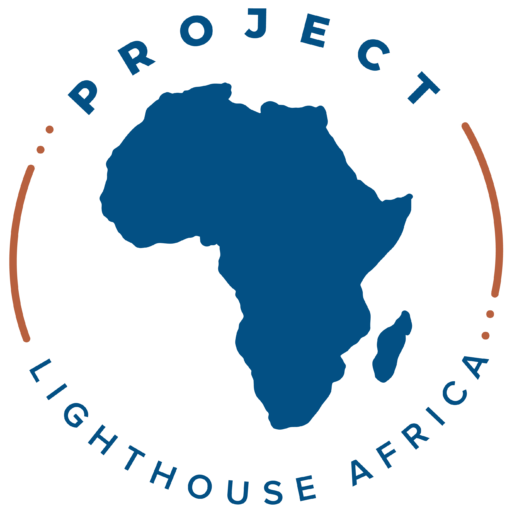Narrative Management
„NARRATIVE MANAGEMENT FOR PEACE THROUGH DIALOGUE”:
AN COMPREHENSIVE APPROACH TO STRENGTHENING SOCIAL COMMUNICATION STRUCTURES FOR PEACEBUILDING
Under the hashtag #AllEyesOnISIS, the ISIS “social media division” prepared the attack on the Iraqi metropolis of Mosul in June 2014, reinforced by an army of Twitter bots. The horrific torture videos posted under this hashtag went viral, filling the screens of millions of users, including those of Mosul’s defenders. In this way, they served their purpose: #AllEyesOnISIS had the effect of an invisible artillery bombardment, in its aftermath 1500 ISIS fighters were able to drive 60,000 Iraqi police and soldiers out of the city without firing a shot. Something similar seems to have happened in Afghanistan in the fall of 2021.
This example is just one of many that show how effectively extremists in all parts of the world use social media and elaborate communication strategies. Especially in the currently contested Sahel region, such strategies are used to destabilize countries and regions. To this end, so-called narratives are disseminated in which disinformation, hatred and propaganda are combined to create narratives that appeal to existing fears, prejudices and needs of the local population. As a result, trust in institutions and fellow citizens is damaged and conflicts between population groups are fueled.
Narrative Management for Peace through Dialogue (NAMA4PD) is a science-based approach to strengthening the information literacy of the population in conflict-prone countries in West Africa. This approach is designed to provide a scientific basis for combating propaganda, disinformation and hate speech, which are currently threatening the stability of many countries in the region.
NAMA4PD has four special features:
- Consistent bottom-up logic
- Holistic communication approach
- Application of the integrated approach
- Self-supporting sustainable structure
This approach helps build peace and stability by enhancing local resilience and countering destabilizing influences through participatory training and sustainable cooperation networks.
 Project Lighthouse Africa e.V.
Project Lighthouse Africa e.V.